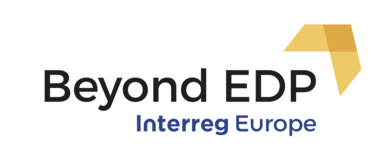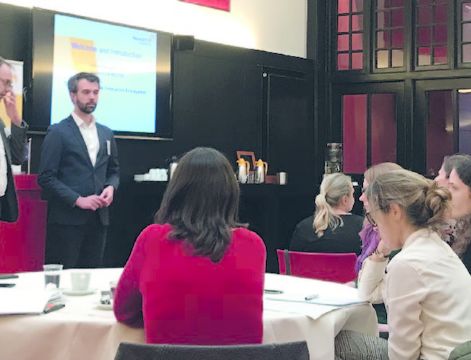Our first step of the RIS3 elaboration process dates back in the beginning of 2014, when RDA Centru submitted to the Regional Development Board the Roadmap for the elaboration of Centru RIS3. This concept was quite new for us because we haven’t had a previous experience on innovation strategy but instead we have had a significant experience as a coordinator of the Regional Development Plan. We roughly followed the indicative methodology proposed by the European Commission and we paid attention to four leading principles: building a strong regional partnership, accurate assessment of the regional context, correlation with the national level (i.e. National Strategy for Research and Innovation) and setting a mechanism for monitoring and reviewing. In order to save time we decided to work together with the existing Committee for Regional Planning for securing a right representativeness at regional level and for carrying out the panels’ work.
After 6 intense months of desk research we concluded the analysis of the regional context and the thematic analyses. We verified the existence of the critical mass and positive dynamics over the past years and whether quality vocational and tertiary education is available at regional level. Five strategic directions have been set up, each of them comprising specific priorities. The consultation process at regional level was deployed through various means: expert panels, meetings with relevant stakeholders, surveys. Following the desk research and the panel’s work, 9 of the regional economy sectors and subsectors were selected as our areas of excellence. A peer review assessment was carried out with the support of S3 Platform. In the spring of 2015 the Strategy was endorsed by the Regional Committee for Planning and finally it was approved by the Regional Board of Centru Region.
One year later, we joined the Consortium of the Beyond EDP project and at the same time, it became clear at national level that some of our RIS3 priorities could be financed under the Regional Operational Programme. These were our reasons to revisit the RIS3 and initiate a proper entrepreneurial discovery process in our region in order to make the RIS3 more suitable for implementation. As a consequence of EDP meetings we were able to highlight new connections between sectors and to shift progressively from a sectoral-based approach to a cross-sectoral approach.
Besides, we decided to reinforce the implementation side and to set up a governance structure – The Regional Consortium for Innovation – made up of 40 representatives coming from the relevant categories of stakeholders: research and universities, business, public authorities and civil society.
Still, we have a lot of work to do in order to overcome the challenges we face: getting a stronger involvement of business community and building an innovation culture among the small and medium entrepreneurs; encouraging the researchers to be more market oriented; creating synergies and connections between strategies and programmes; boosting the use of the available European Funds for RIS3 related projects; improving the outward dimension.









